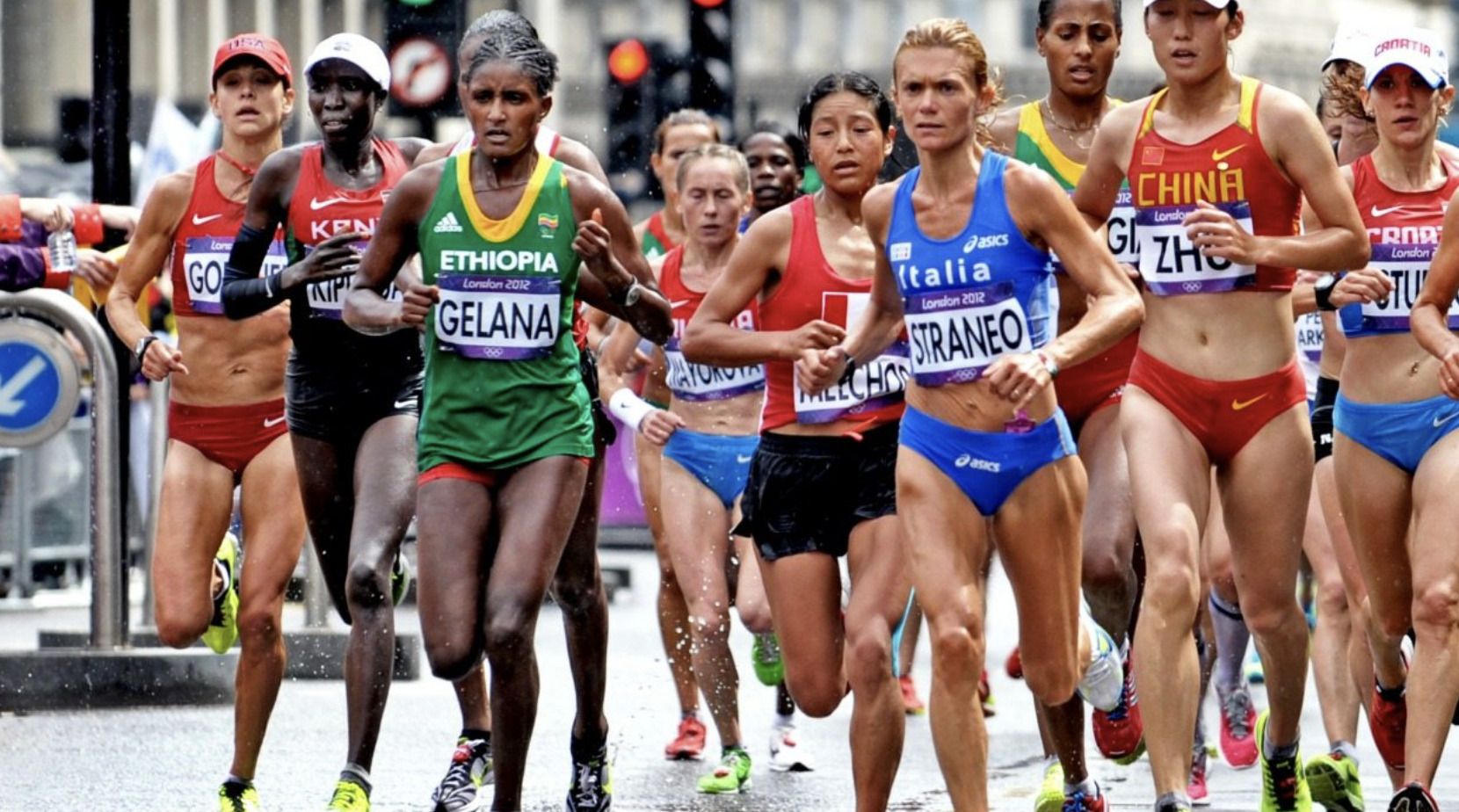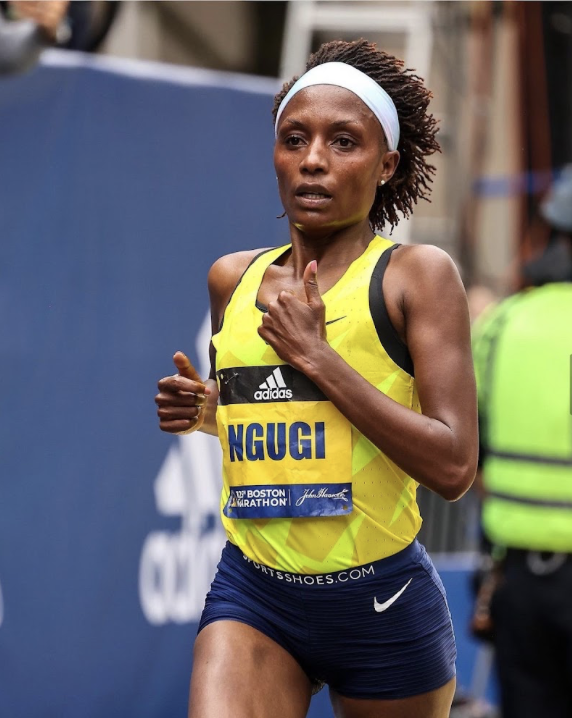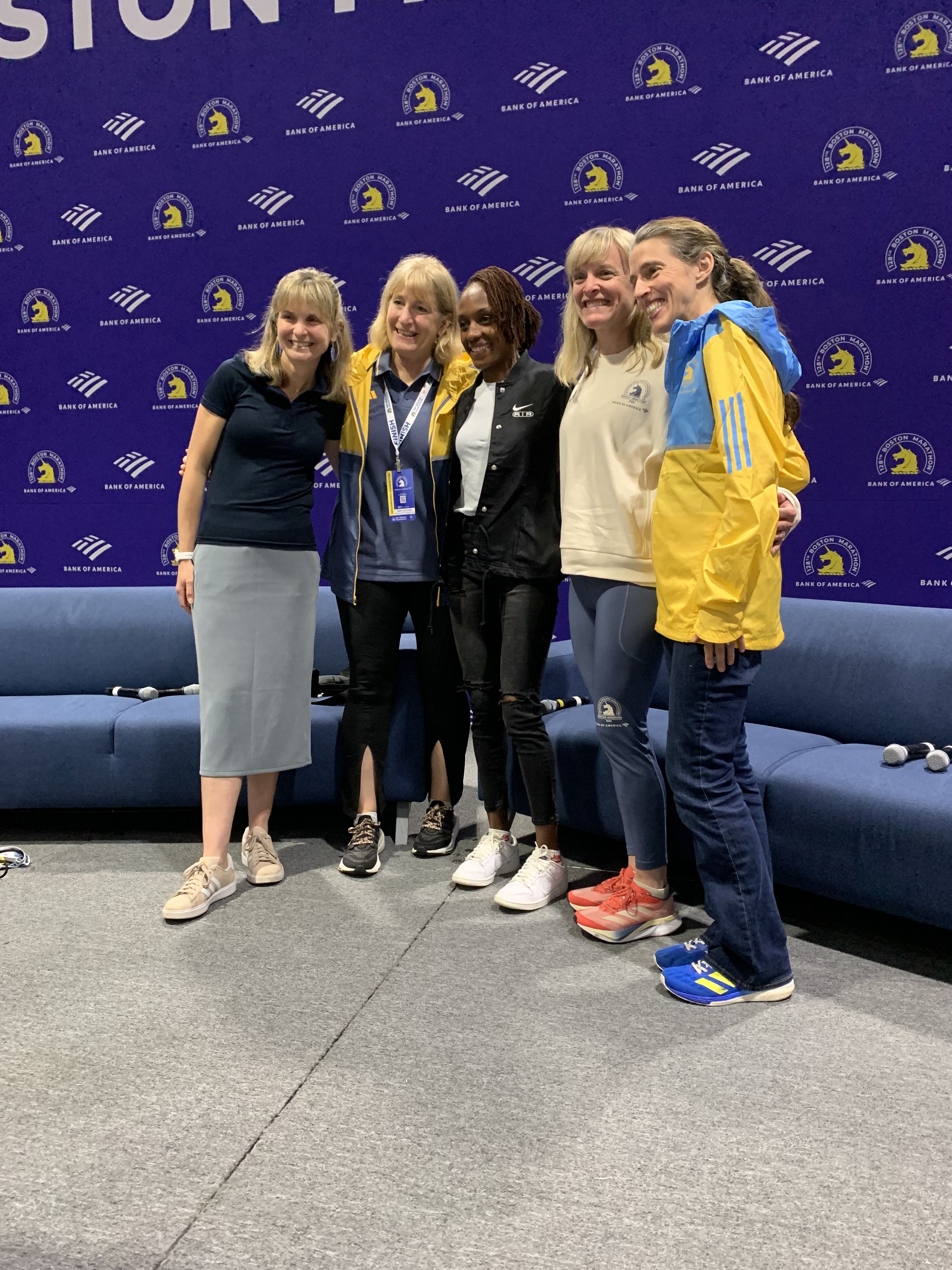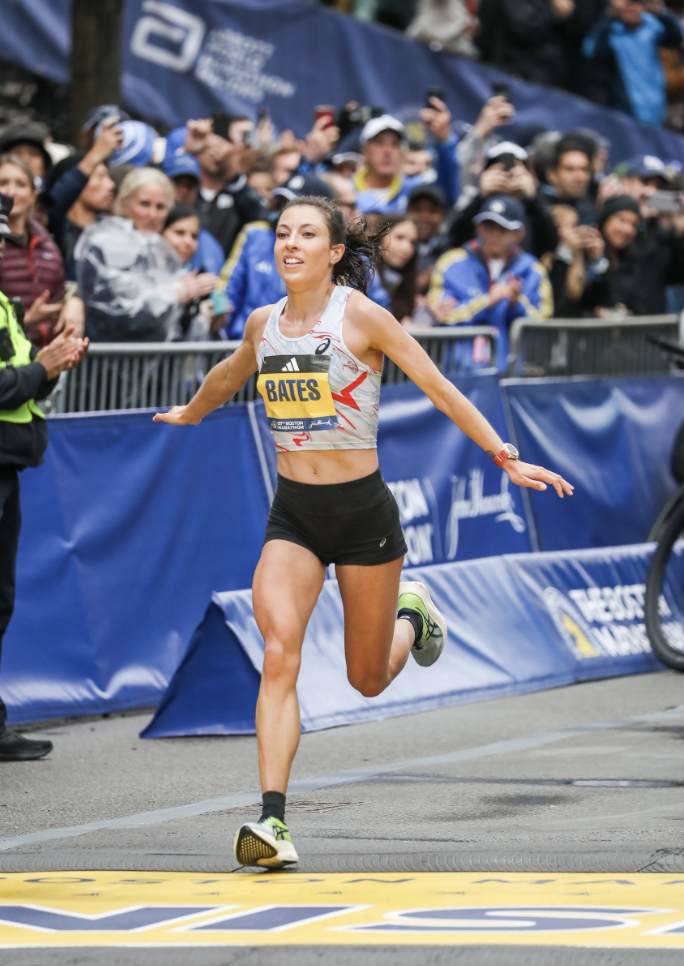Women in The World of Running
Female Marathoners Are Fighting Gender-Based Violence and Inequality
By Hannah Goeke

Female Marathoners: Women in Running Are Still Being Undermined
This year’s Boston Marathon showed that women are still undermined in the running industry with all eyes on Sisay Lemma as he crossed the finish line on Monday and female winner Hellen Obiri only being mentioned second to Lemma with less media coverage. A panel of female leaders in running discussed creating equal opportunities and a better environment for women to thrive in the sport at the Boston Marathon Expo on Friday.

While running is primarily viewed as a sport in the United States, in other countries, running can open doors beyond athletics. Kenyan marathoner Mary Ngugi founded the Nala Track Club to empower women to break out of traditional roles and abusive situations. In Kenya, the relationship between women and sports is troubled by gender-based violence and sexual abuse against female athletes. ”Nala Track Club is all about giving the girls a safe space, empowering them, giving them the confidence they need to know that they can say no, that they can do better, that they don't have to stay in abusive relationships,” Ngugi said. It's about introducing them to alternatives to realize their full potential. “We try to inspire them to be more than just a mom and a wife because what you don't see you can't be.“
Violence against female athletes is not just an issue in Kenya but also in the United States. Fear of harassment and sexual abuse keeps women from training, and many who have endured abuse are too traumatized to continue their sport. Others drop out of running because of abusive male coaches which is why Ngugi focuses not just on creating athletes but also female coaches that can relate to female runners and exercise the empathy that is needed to draw more women into a male-dominated field.
“Nara Track Club is developing the girls and empowering them as well as developing female coaches. Many of them are abused by coaches, the people they trust. So it's not many female coaches out there and I believe if there were many, they'll be able to talk about these issues and they'll be able to stand up against the men who are doing this,” Ngugi said.
Women in running encounter unique challenges that are often unrelated to those faced by men, juggling multiple roles of being an athlete and a mother at the same time. Former runner and coach Sarah Healy’s life changed forever when she had her son. “Going from being an athlete to a mother was really difficult. My son is 18 years old. There just wasn't that support and understanding about that transition then. I kind of got removed from the sport. It was difficult to go back to compete.” Healy wants to provide more support than she had back then: “I do hear it from the athletes a lot, just even feeling comfortable coming to practice having someone to talk to about the issues they're dealing with. I think particularly with master women, as you get older your body's different, you can handle different things. Having someone who understands the challenges and gets where they're coming from, I think really helps and has gotten more women out there.”

from left to right: host Lorna Campbell, Mary Kate Shea, Mary Ngugi, Sarah Dupre Healy, Amanda Watters
from left to right: host Lorna Campbell, Mary Kate Shea, Mary Ngugi, Sarah Dupre Healy, Amanda Watters
Coach and marathoner Amanda Watters is also working behind the scenes of the Boston Marathon to bring more women into the sport by creating equal opportunities. When she found out that the number of women required to score for a team was less than the number of men required for scoring, Watters took action.” If you're asking for fewer women to participate, of course it's going to be fewer women willing to participate. I worked really hard with my long-distance running committee to change those rules for both the open division as well as the master's division. Now as of last year, all divisions for women and men score with the same number of runners. And so we're starting to see the numbers equalize a little bit better, which is good.”
While the Boston Marathon still can work harder on gender equality, athlete recruiter Mary Kate Shea, who has participated in the race 25 times and contributed to its organization for 26 years, has already noticed significant change: ”I would say my biggest achievement is from 26 years ago when only about 10 to 12 professional women were recruited for the Boston Marathon to today where we are bringing in 55 of the best women athletes in the world to match the 55 best male athletes . That is something I'm really proud of to extend that scope and scale of the talent.” While Ngugi didn’t make it to the podium this time, three Kenyan women did. The first American woman to finish was Emma Bates who briefly spoke at the panel as well: “Just explode. You just run your heart out. So run with your head the first half, run with your heart the second half and I promise Boston will give you a good time.”

